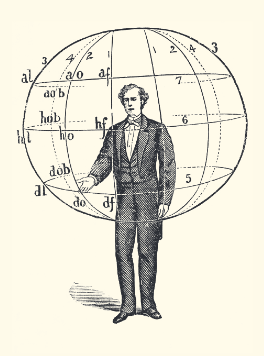
Wine in the evening? Is that good?
Or is it fermenting in my stomach while I sleep?
There is a lot going on in our intestines. Especially in the large intestine live many microorganisms, about 10 trillion intestinal bacteria. This intestinal flora helps us digest fiber, neutralizes toxins, strengthens our immune defenses and produces vitamins that are important for us (biotin, folic acid, riboflavin as well as vitamin B12 and vitamin K). Absorbed sugar (carbohydrates) is broken down by bacterial fermentation processes. This process produces gases that can cause bloating, nausea, belching, flatulence and even diarrhea. Sweet foods and carbohydrate-rich beverages such as apple juice, sparkling wine or beer intensify this process. Dry white wine has little residual sugar and is therefore more digestible in the evening.
Why do I feel better
after I have drunk a glass of wine?
Alcohol has an effect on our body, that is undisputed. But how it affects us depends primarily on the amount.
Under the influence of alcohol, we initially relax, we become more relaxed and disinhibited, we are euphoric and simply in a good mood.
This effect is mediated by messenger substances in the brain. The stimulating stress hormones adrenaline and cortisol and the happiness hormones serotonin and dopamine are released. In addition, the activating messenger glutamate is dampened and the inhibitory effect of GABA is enhanced. The latter explains the relaxing effect. However, with increasing amounts of alcohol, our ability to react gradually dwindles and we become tired. One glass too many causes loss of balance, risk-taking increases and pronunciation becomes slurred. In small quantities and not on a regular basis, wine is definitely a stimulant. However, it is not suitable for targeted stress reduction or for lifting the mood. Here I recommend meditation or sports, for example – and only pour the wine into the glass when we already feel good.